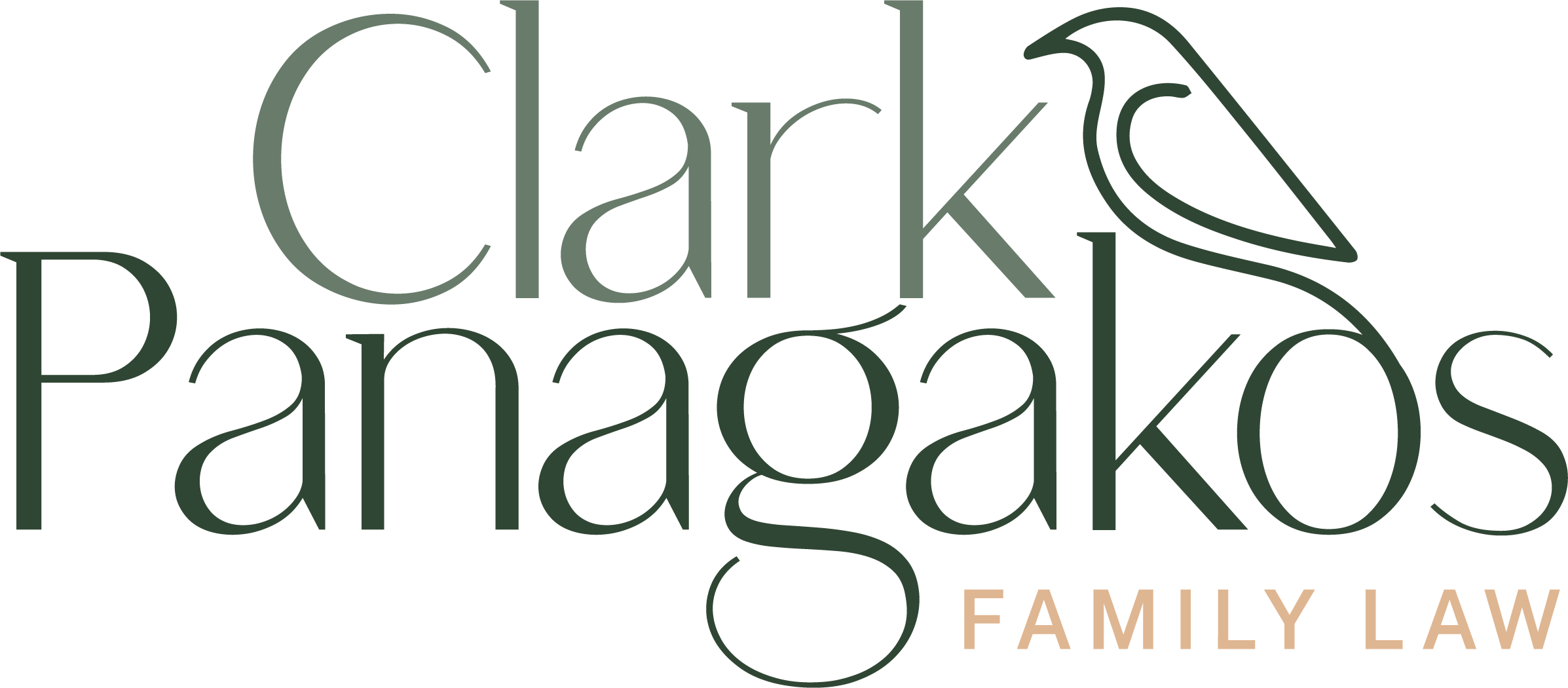In family law cases, where emotions run high and the stakes are significant, collaborative law offers an alternative approach to dispute resolution. Collaborative family law emphasises cooperation, open communication, and problem-solving, aiming to reach mutually beneficial outcomes without resorting to traditional litigation. One key aspect that can enhance the collaborative process is utilising a full team of professionals.
A full collaborative team typically consists of lawyers, financial professionals, and mental health experts. Each professional brings unique expertise and perspective to the process. Lawyers provide legal guidance and advocacy, financial professionals offer expertise in asset valuation, accounting advice and financial planning, and mental health experts support emotional well-being and assist with co-parenting strategies. This multi-disciplinary approach allows for a comprehensive understanding of the complex issues at hand, leading to well-rounded solutions.
Having a full team encourages a holistic and comprehensive approach to problem-solving. Rather than solely focusing on legal aspects, collaborative professionals work together to address financial, emotional, and practical considerations. This broad perspective facilitates a deeper exploration of options and enables the development of creative and tailored solutions that prioritise the best interests of all involved parties.
Collaborative teams work collaboratively (as the name suggests!) and streamline the process by dividing tasks according to each professional’s area of expertise. This efficient allocation of responsibilities saves time and ensures that all aspects of the case are handled effectively. The team can coordinate meetings, gather necessary information, and provide the required expertise without burdening the individuals involved in the case.
Collaborative professionals are trained in effective communication and conflict resolution techniques. They facilitate productive and respectful conversations among the parties, encouraging open dialogue and active listening. The presence of a full team helps to manage and diffuse tension, ensuring that discussions remain constructive and focused on finding mutually agreeable solutions.
Family law cases can be emotionally challenging for all involved. Mental health professionals on the collaborative team offer emotional support, helping parties manage their feelings and maintain a constructive mindset throughout the process. They assist in finding common ground and help establish positive co-parenting strategies for the future.
Collaborative family law aims to preserve relationships to the greatest extent possible, especially in cases involving co-parenting. With a full team, the focus is on nurturing respectful and cooperative interactions, which can contribute to more harmonious relationships moving forward. The team’s expertise helps parties establish effective communication patterns and find resolutions that prioritise the well-being of any children involved.
If you are considering a collaborative approach to your family law matter, consult with our family law team to enhance your chances of achieving a fair, amicable, and sustainable resolution. Clark Panagakos are leaders in the field of Collaborative Practice. Call now to meet one of our Collaborative Lawyers and learn more about how this process can assist your family to have the respectful outcome you hope for.

